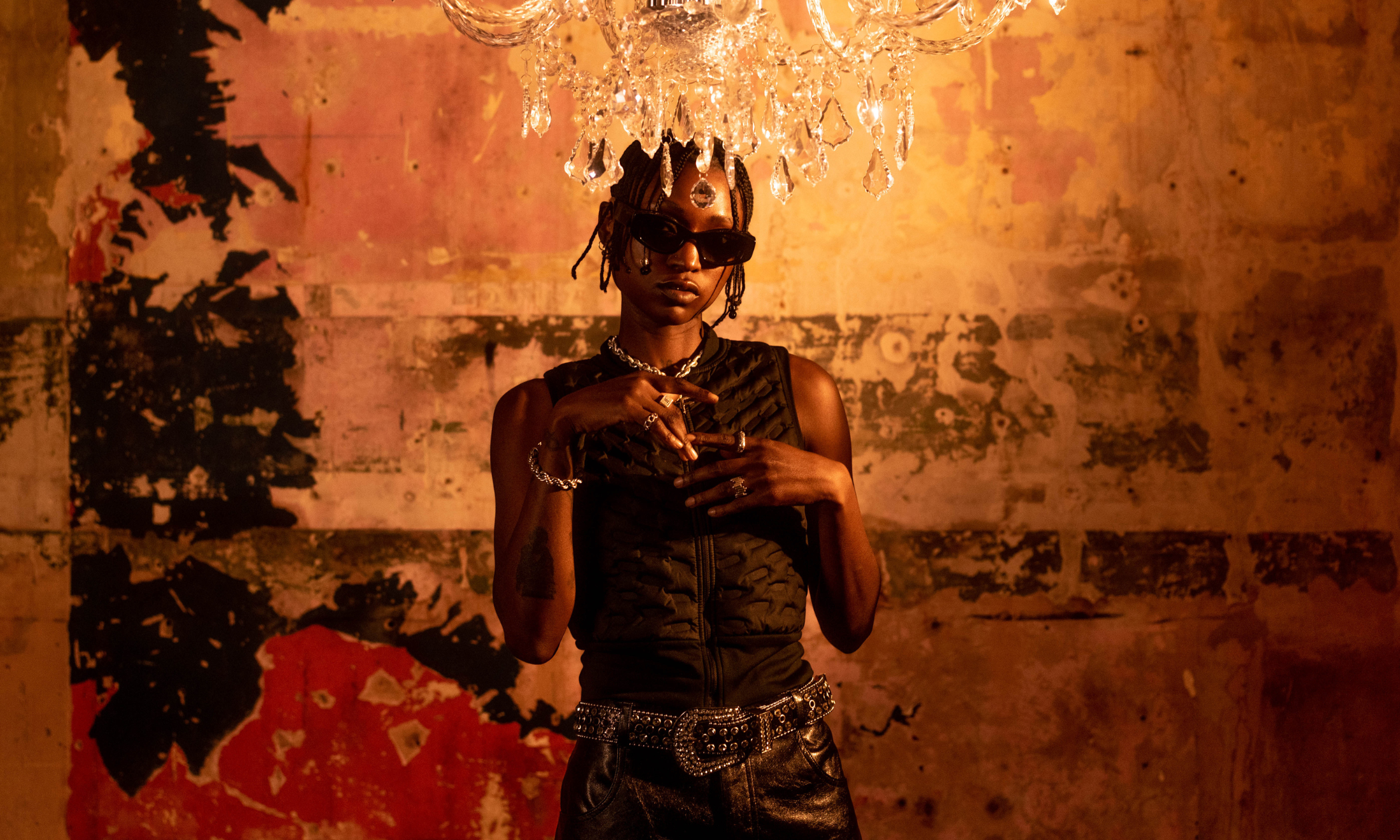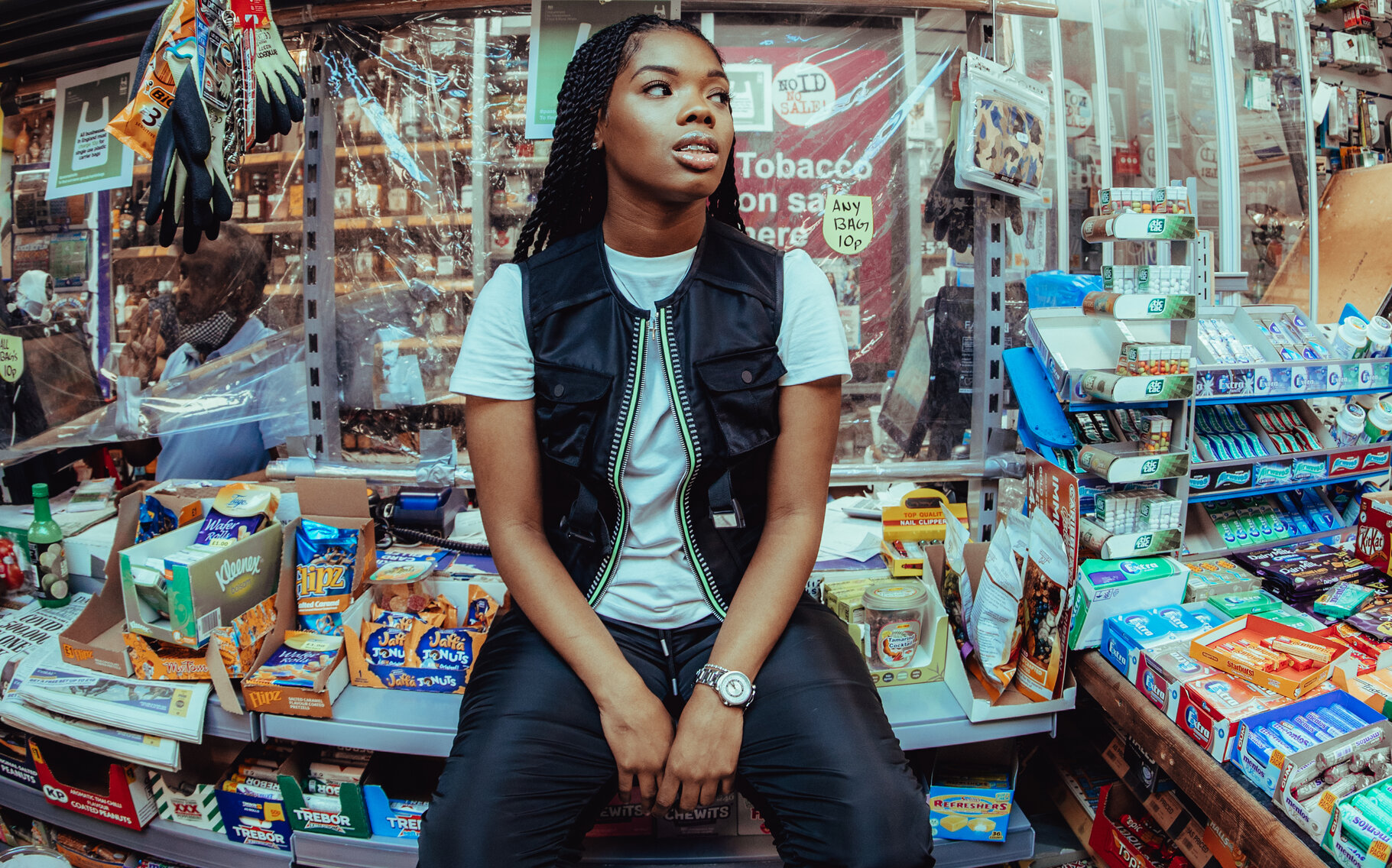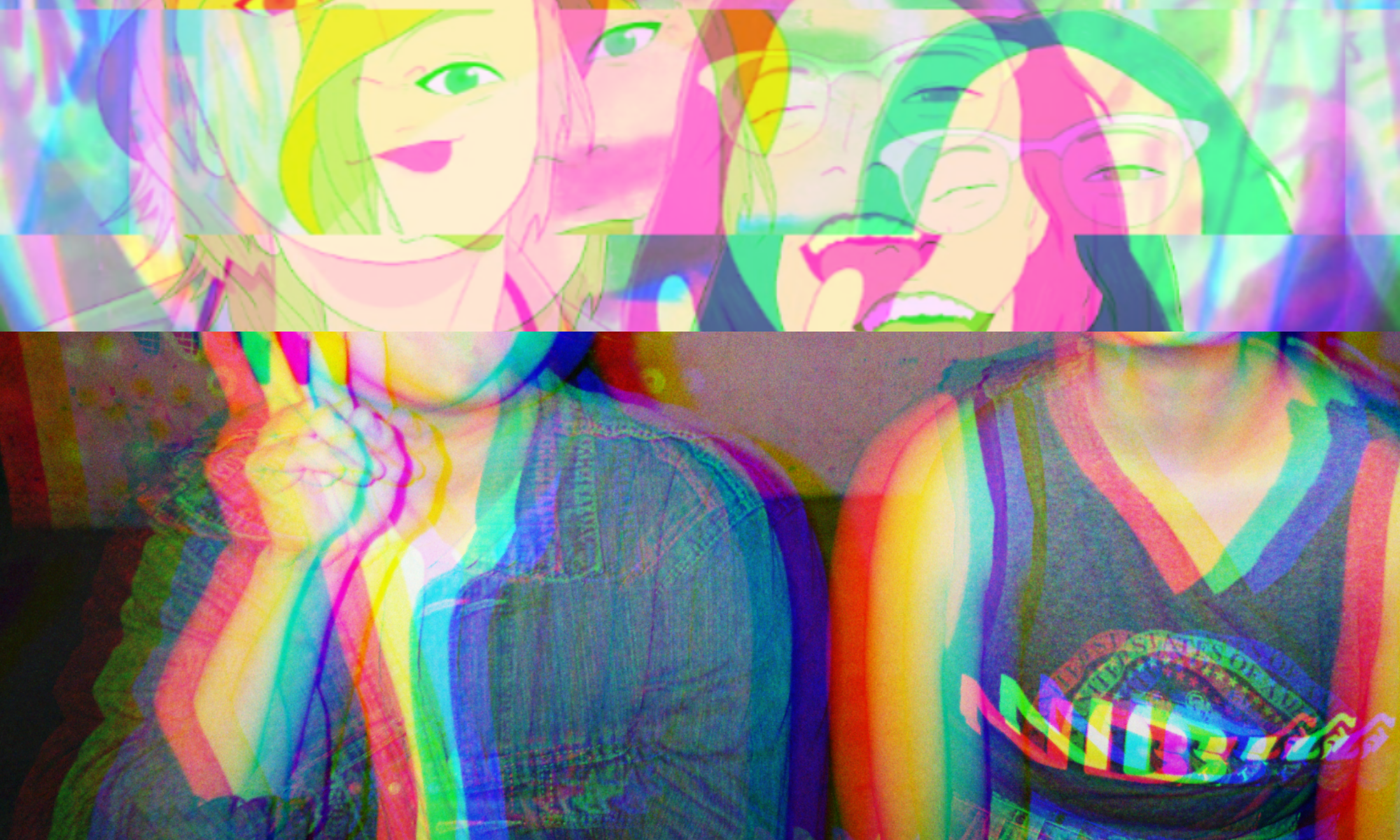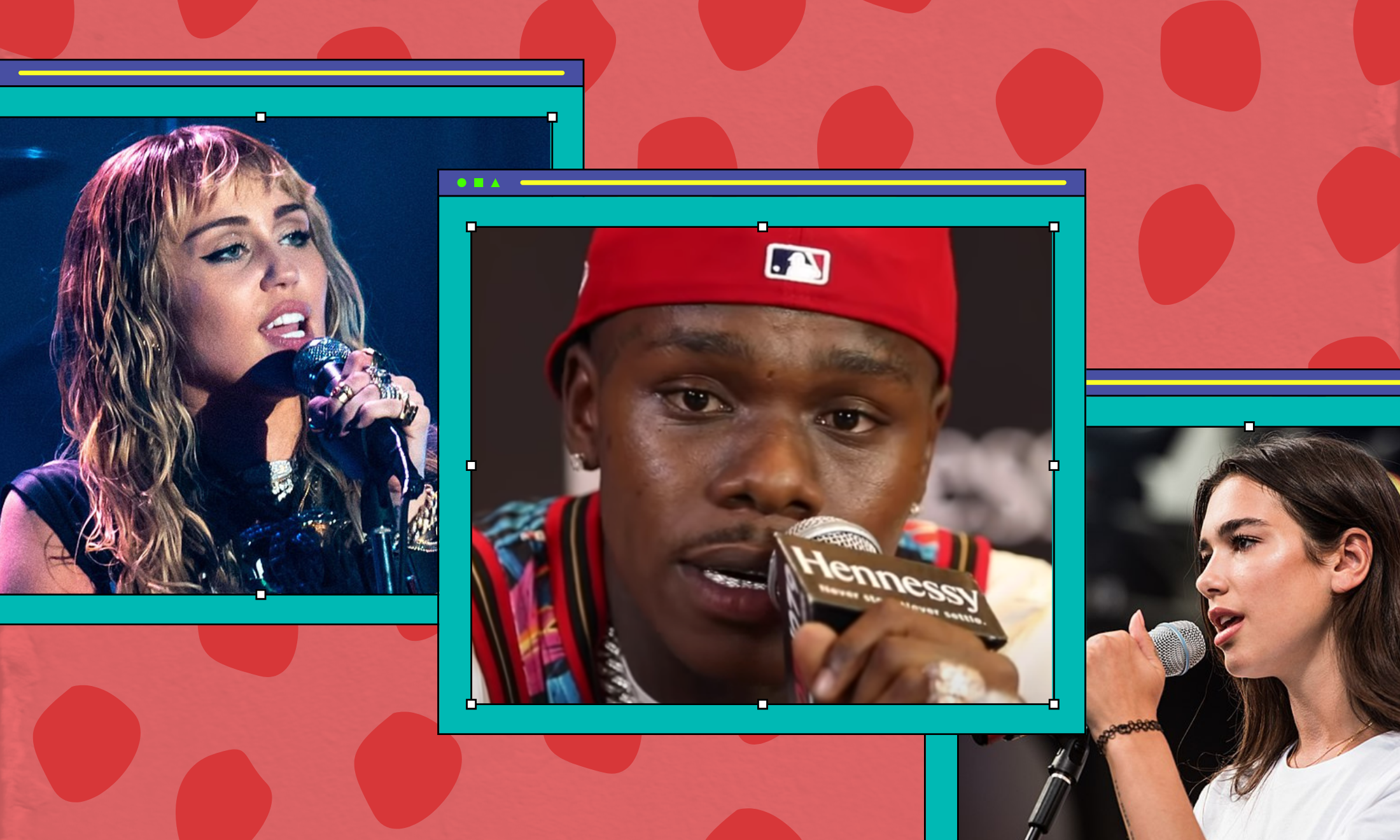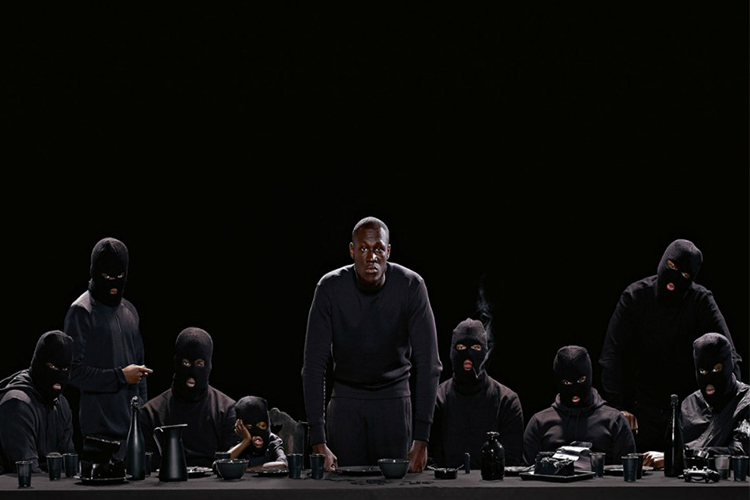
In a historic moment for grime music, Stormzy’s new album Gang Signs & Prayer held the number one spot in the UK charts in the first week of its release. True to the multi-layered nature of grime, the album – the first of its genre to ever hold such an accolade – also includes an interlude from Crazy Titch – highlighting in itself the resilient range of grime; a worship song, and singing from Stormzy himself. But it also addresses something important yet so rarely explored in grime and rap in general: mental health.
Music was central to my childhood. Initially a hardcore fan of S-Club 7 and the Spice Girls growing up, the older I got, the more I began to appreciate music as poetry, which lead me to realise that pop music was no longer something I could connect with lyrically.
I discovered Tupac when I was 13. Confused about my own mixed-race identity, I clung onto his lyrical dialogue on race and prejudice, fascinated with the historical references to the Black Panthers and Tupac’s own struggle for equality. On a personal level, it spoke to me about growing up with a single mother and no father; something I’d struggled to comprehend all my life.
The few friends I had with divorced parents saw their dads regularly and bragged about having double the birthday presents they got when their parents were together. My own father had moved to the US after meeting his new wife online, leaving me and my five brothers behind in Sheffield. I went years without speaking to him, bitter too at the fact that my step-dad – who, to me, was my real dad – had died from cancer when I was 10. I soon found that rap music appeased my anger, without having to discuss my emotions to people around me.
I realised that my life was being narrated by the likes of Tupac, Eminem and J Cole. As my brother put it: “Sometimes it would feel as though it was me and the rapper in my room and he was talking to me. In a way, he filled the void left by the absence of my father.
“…rap made me feel normal for the first time ever.”
While my brother learnt acceptance, rap taught me that it was fine to be angry, because Tupac, Eminem and J Cole were – without offering any real resolution. But then Stormzy arrived and changed the game.
On the final track of the album, Stormzy discusses his mental health with brutal honesty:
“This some shit I hate to share,
Escape this life or pay the fare,
Grab this gun and aim it there,
Shoot my pain and slay my fear.”
The hook invites us into his thoughts in the darkest of moments, forcing us to view depression’s power to control us at our lowest moments. In a recent interview with Channel 4 News, Stormzy said:
“For me, it was a realisation of how fragile we are as humans[…] In the sense where I always saw myself as this strong person who just deals with life, I get on with it. And if something gets me low, I pick myself back up.”
Stormzy continues to strip himself bare of the grime-shaped armour also present on his album:
“Sitting in my house with tears in my face,
Can’t answer the door to my bro sometimes.”
This candid description of daily life for many struggling with depression is relatable and no doubt reminds people that they’re not alone. One verse is dedicated to Stormzy’s anger towards his father:
“Fuck letting go, I’ll keep the pain,
23 years I’m still the same,
When you hear this I hope you feel ashamed,
[…]
Fuck that, I’m still not over this”
By expressing his anger about growing up fatherless in a song that also reveals suicidal thoughts, Stormzy opens us up to the idea that these emotions are linked to his mental health. This honesty, paired with Stormzy’s accessibility may be a way to encourage young people to talk about their own depression. Research tells us that me who grow up without a father have increased psychological risks of being aggressive, sufferance from depression, drug use, and struggle in school. While around a million children in the UK currently have no contact with their father, it’s easy to view the situation as “normal”. From here, we can fall into the trap of quietly neglecting the struggle in our own minds.
When I had a mental breakdown in my third year of university, a counsellor told me it was because I had “suffered so much loss” during my childhood. I looked blankly at her, still unsure what depression was and confused as to why my anger was being translated into what I viewed as weakness. Ignoring our losses and how they affect our mental health is common. During the end of his Channel 4 interview, Stormzy admitted:
“I used to think the bravest people just get on with it. Like, any person I admire or look up to hasn’t felt like this.”
With suicide being the leading killer of young British men, this linking of depression and fatherlessness is crucial – and we desperately need more influential figures like Stormzy to come forward as advocates for openness.
Stormzy will undoubtedly remain an influential figure for years and due to the paramount success of Gang Signs & Prayer, his fan base will include people who have never even dreamt of listening to grime before. But more artists must come forward to tackle the stigmatisation of mental health in a way that speaks to people. Youth of today, please lay yourselves bare.


